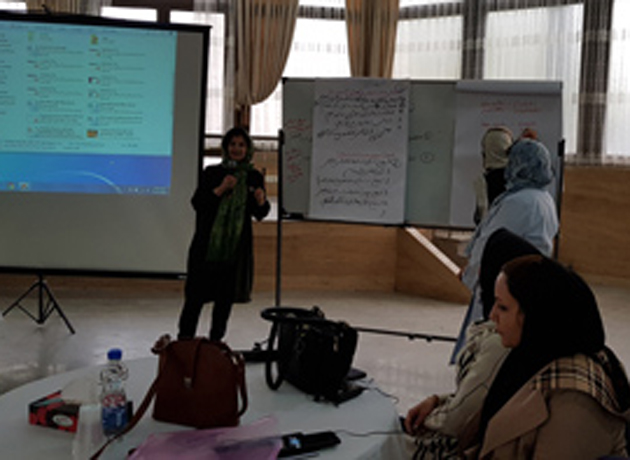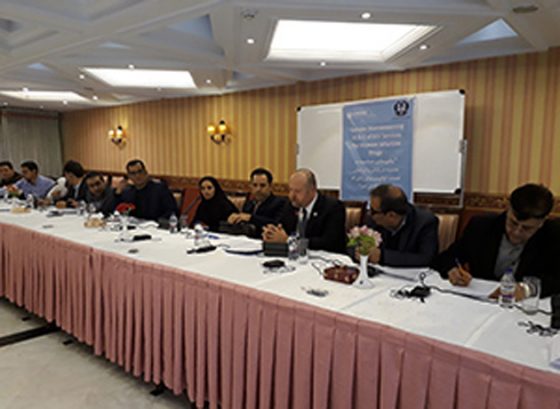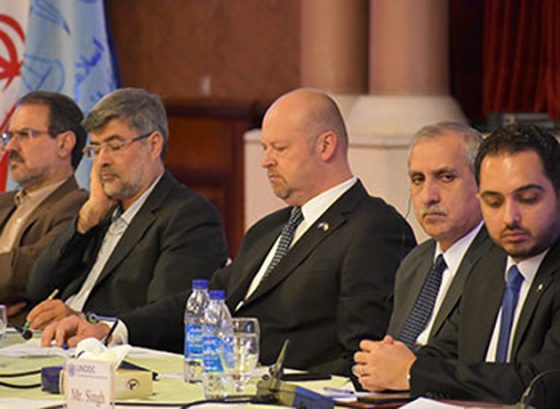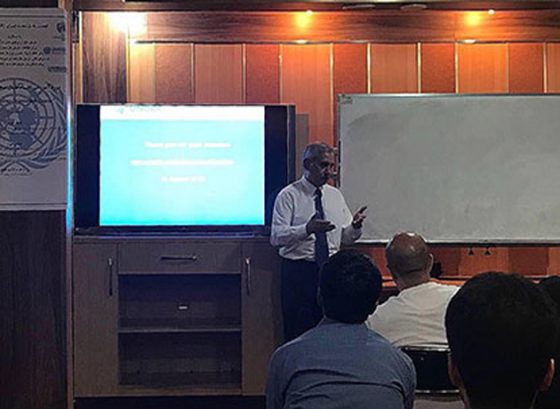Training On The Treatment For Women With Substance Use Disorders

UNODC Iran conducted in collaboration with the Iranian Drug Control Headquarters a training 10-11 November in the Shaghayegh Cultural Complex a training on the treatment for women with substance use disorders funded under the under the UNODC-WHO Programme on drug dependence treatment and care (GLOK32). The training was facilitated by Prof Dr. Gabriele Fischer UNODC Consultant and working in the Centre for Public Health Department of Psychiatry & Psychotherapy of the Medical University of Vienna, AVA Diplomatic reports.
Participants to the training were Drug Dependence Treatment Officers from the Iranian Ministry of Health and Medical Education (MoHME) and State Welfare Organisation (SWO), service providers and representatives of civil society organisations. the training included topics like women physiology of drug use, differences in drug use between men and women, ethical consideration of treatment, psychiatric co-morbidities especially post-traumatic stress disorder (PTSD) and holistic approaches on the treatment of women with special emphasis on psychosocial interventions. The treatment of substance use disorder among women was handled at both providers as well as service and drug treatment system planning and programming levels and barriers to treatment were discussed in detail with the aim of improving access and retention of women in the process of recovery. Theoretical materials were combined with various exercised for making the training more effective and the learning of the materials easier within the group.
In the Closing session of the training Mr Alexander Fedulov, Representative of UNODC in the Islamic Republic of Iran noted that the Islamic Republic of Iran has successfully set-up a wide network of centres for the treatment of drug use and that the network of drug treatment already covers a wide range of services in outpatient and residential settings including special services for women affected by drug use. Special considerations need to be in place as women affected by drug use display more problems as related to their background history, mental health issues and family backgrounds. Also these women are highly stigmatised, have a lower socioeconomic status and have many more legal issues. He further emphasised that given the central role of women in families improving quality of services for women is of utmost importance. Dr Mona Eslami Senior Expert of the Drug Treatment and Social Support of the DCHQ also emphasised the significance of quality services for improving the access, coverage and retention of women affected by drugs and thanked UNODC for convening of the training workshop. Prof Fischer also expressed her gratitude and praised the proactive participation in the training. She expressed hope that the good work in the area of drug disorders treatment in Iran shall continue and improve even more.




